
The Ukraine – Western Balkans Summit will be held today in Tirana, where joint efforts and decisions on the road to the European Union are expected to be discussed. Ukrainian journalist Iryna Synelnyk has published some of the expectations of Ukrainian experts regarding the expectations of the summit, while she herself, returning to the possibility of recognition of Kosovo by Ukraine, said that this could become a reality under certain circumstances.
Through an article on Facebook, Synelnyk has emphasized that this can happen in two cases, in the framework of international agreements, or in the process of the European integration path, The Geopost reports.
“Returning to the possibility of Kosovo being recognized by Ukraine, I will emphasize that politics is the art of the possible, because what seems impossible can now become a reality under certain circumstances. This can happen either in the framework of broad international agreements, or in the process of the European integration path of both countries”, she wrote.
While participants in the summit will be leaders of countries that already have candidate status in the European Union or have applied for membership, Synelnyk says that special attention will be paid to the issue of EU integration.
“The meeting should prove that Ukraine, together with the countries of the Western Balkans, are not competitors, but partners, and should act together not to slow down, but to speed up EU membership. It should also be taken into account that Serbia is following a pro-Russian policy, and therefore a meeting on Ukraine may be important to agree on some issues”, it says, among other things, in her article.
Some of the visions that Ukrainian experts have shared regarding the importance of this event and that Ukrainian journalist Iryna Synelnyk has summarized in her article:
Igor Todorov, a professor at Uzhhorod National University, says the summit is important, although something goes beyond the usual agenda for Ukrainians regarding the war. The start of the full-scale occupation has greatly accelerated Ukraine’s European integration. Our country has received the status of a candidate for EU membership, and this year the negotiation process should begin.
At the same time, the countries of the Western Balkans already have their own experience. In some of them, for example, Montenegro, North Macedonia, Serbia, the negotiation process has continued for more than a decade.
In Ukraine, these processes are being accelerated. And in this context, the initiative of the presidents of Albania and Ukraine is likely to aim at avoiding any contradiction, emphasizing a common goal towards the European Union. The meeting should prove that Ukraine, together with the countries of the Western Balkans, are not competitors, but partners, and should act together not to slow down, but to accelerate EU membership. It should also be taken into account that Serbia is pursuing a pro-Russian policy and therefore a meeting on Ukraine may be important to agree on some issues.
In addition, Albania, North Macedonia and Montenegro are members of NATO. Ukraine has also announced its move to the North Atlantic Alliance, but tangible prospects in the face of escalating war are hard to come by.
Kosovo will also participate in the summit, which as a state has had international recognition for over 15 years. But Ukraine and certain EU countries have not yet recognized the independence of this country. From my point of view, the geopolitical situation and the interest of the European community to avoid tensions in the Balkans will be important here, and for this reason, within the framework of European aspirations, Serbia and Kosovo can take certain steps in the meeting to become partners full for a future in the EU.
Igor Kondratiev, doctor of historical sciences, professor of the National University “Chernihiv College”, thinks that it is important for Ukraine to constantly remember the ongoing struggle to exert pressure on the aggressor. That is why the summit in Albania is important. In particular, in the Balkans you can still find weapons of the Soviet era, which were actively supplied here in the 90s, and theoretically they can be transferred to Ukraine. There is definitely a need for a deeper dialogue with Serbia, as it is the only European country that has not imposed sanctions against Russia, even though it supplied Ukraine with weapons last year. This may indicate a gradual departure from Russia and alignment with the priority of European aspirations. During the last two years, the processes of European integration in the EU have accelerated, even taking into account the need for consensus when making important decisions. It is expected that Ukraine will already receive an EU membership plan this year as a specific document, which must be fulfilled at any moment. Implementation of the plan, ratification of membership – means the end of EU membership. Therefore, in Tirana you should expect an important conversation at the international level about EU membership. It can be about military, economic cooperation, partnership in different spheres. One of the latest European trends is joint military production with Ukraine, which is already improving with the Czech Republic and Germany.
In this summit there will be a question regarding the perspective of recognition of Kosovo by Ukraine. Because Russia constantly speculated on this topic when it created pseudo-republics and demanded recognition of their independence – Transnistria in Moldova, LPR and DPR in Ukraine, Abkhazia, North Ossetia in Georgia. Russia imposed the possibility of recognizing Kosovo with their recognition. Interestingly, Russia’s recognition of the “independence” of the LPR and DPR was made on the eve of the full-scale invasion of Ukraine. That is why Moscow’s attempts to draw parallels are patently speculative.
Returning to the possibility of recognition of Kosovo by Ukraine, I will emphasize that politics is the art of the possible, because what seems impossible can now become a reality under certain circumstances. This can happen either in the framework of broad international agreements, or in the process of the European integration path of both countries.

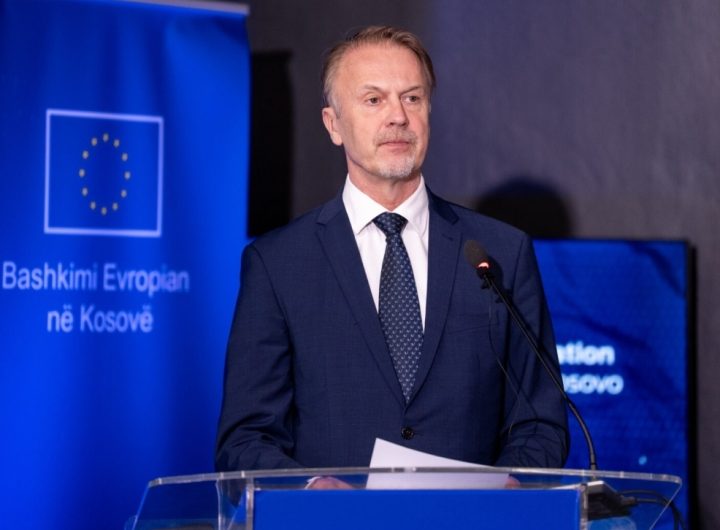 Ambassador Orav: Disinformation is more than a misleading context, it is a direct threat to democracy
Ambassador Orav: Disinformation is more than a misleading context, it is a direct threat to democracy 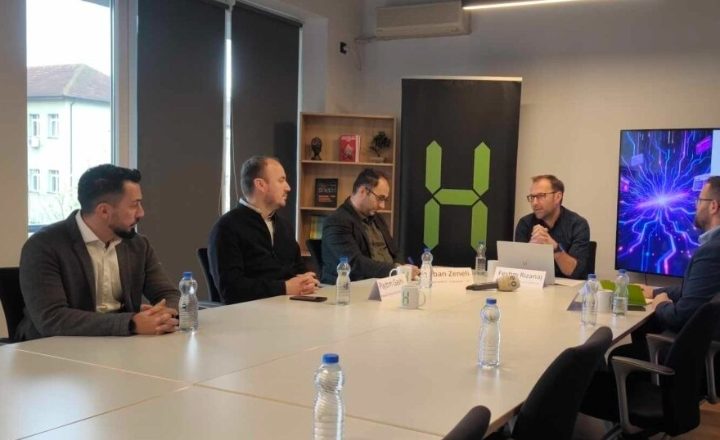 Disinformation in Kosovo: How political polarization and social networks influence disinformation
Disinformation in Kosovo: How political polarization and social networks influence disinformation 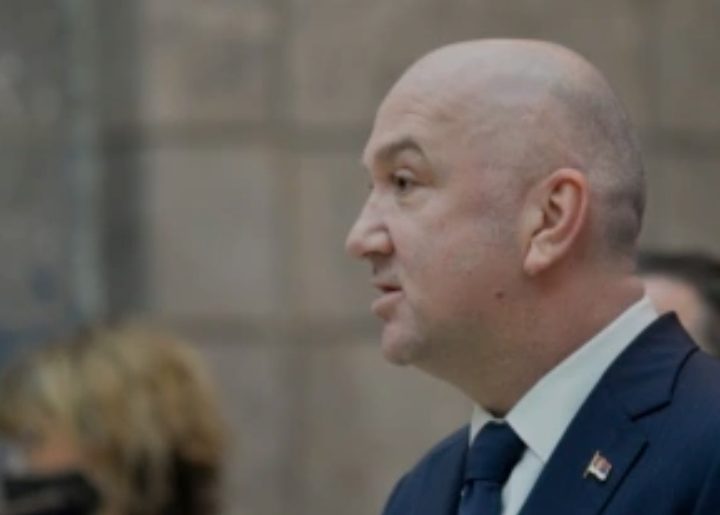 Serbia and Russia are working on a new gas supply agreement, Serbian minister says
Serbia and Russia are working on a new gas supply agreement, Serbian minister says  Dodik’s son-in-law becomes co-owner of two well-known banks – “They won’t open an account for me either”
Dodik’s son-in-law becomes co-owner of two well-known banks – “They won’t open an account for me either” 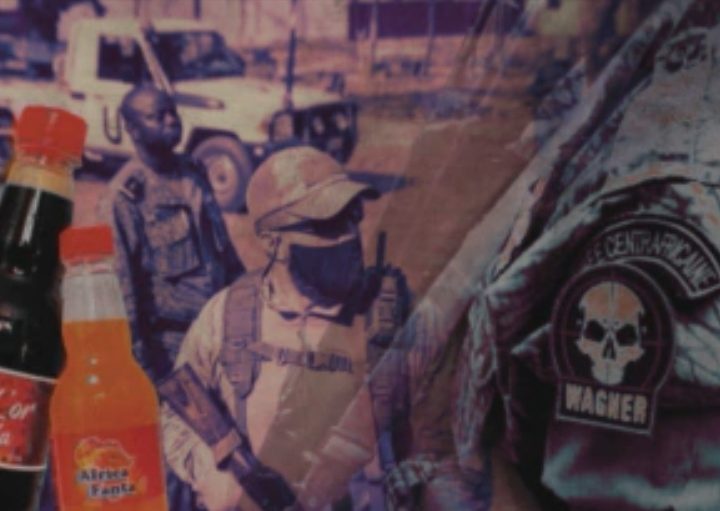 Wagner Fanta: Russia’s Defunct Mercenary Group Hopes To Make A Killing On Bottled Water
Wagner Fanta: Russia’s Defunct Mercenary Group Hopes To Make A Killing On Bottled Water 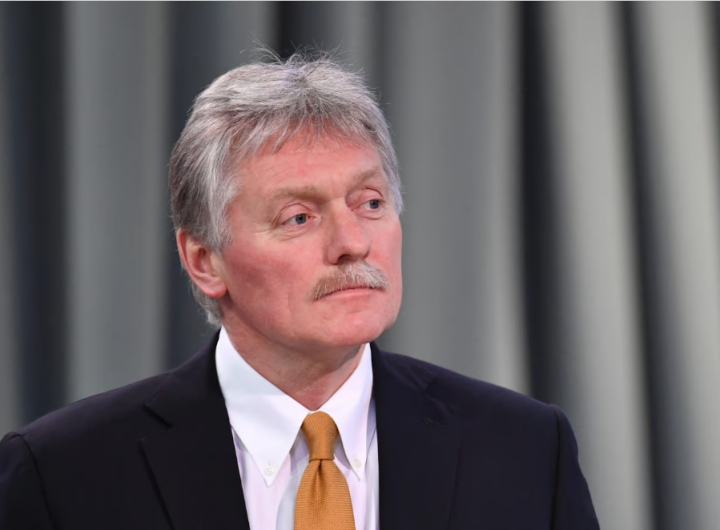 Russia close to withdrawing from the 30-day ceasefire deal – Peskov
Russia close to withdrawing from the 30-day ceasefire deal – Peskov